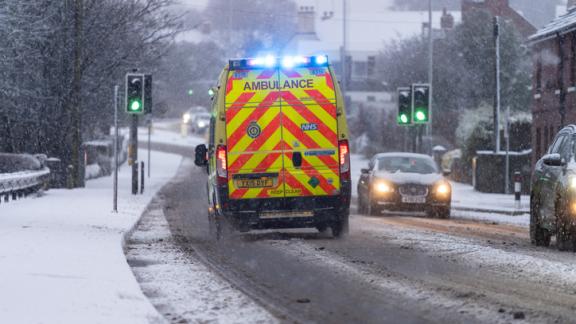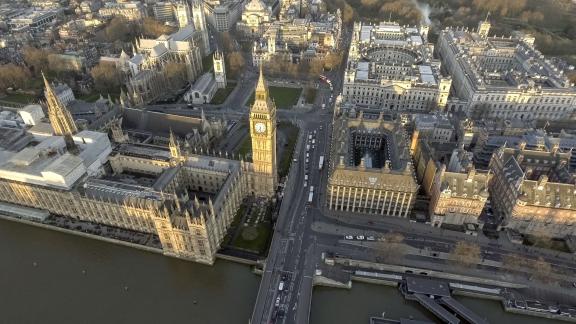NHS under considerable strain going into winter

- On average, there were 1,060 patients in general and acute hospital beds with flu each day last week, four-and-a-half times more than this week last year;
- On average, there were 901 adult beds closed due to patients in hospital with diarrhoea and vomiting or norovirus-like symptoms last week, 81% higher than the 498 reported during the same period last year;
- There was an average of 51,667 members of staff absent due to sickness or self-isolation last week;
- Some 36.1% of ambulance handover delays last week took longer than 30 minutes, up from 25.2% last year;
- Some 16.4% of handover delays were longer than an hour last week. Last year, this figure was 9.1%.
- An average of 11,969 hospital beds each day were filled with patients no longer meeting the criteria to reside last week, this is down compared to the 12,883 reported during the same week last year.
Responding to NHS England's latest urgent and emergency care situation reports Rory Deighton, acute director at the NHS Confederation, said:
“These figures are deeply worrying as they provide yet more evidence the NHS is already under considerable strain before the pressures of winter have peaked.
“We knew that the health service was running hot, with A&Es, ambulances and general practice had their busiest October on record. But it is clear that the impact from seasonal viruses such as flu and Norovirus is being felt much earlier than in previous years, with 10% more staff off sick than the same week last year. Ambulance handover delays are already much higher than the same week last year, while bed occupancy remains above safe levels.
“NHS leaders and their teams are working incredibly hard to provide patients the care they need in very difficult circumstances and signs suggest we are going to be facing a very tough winter.
“Tackling the capacity problems in social care is going to be critical if we are going to ensure that future winters are not as difficult. But we also hope the 10 year plan for health and the spending review next year will give the NHS the financial security it needs to start making the big shifts in care needed to achieve the government’s ambitions. Providing more preventative care out of hospital will be a key way of reducing pressures on ambulances and A&Es.”



